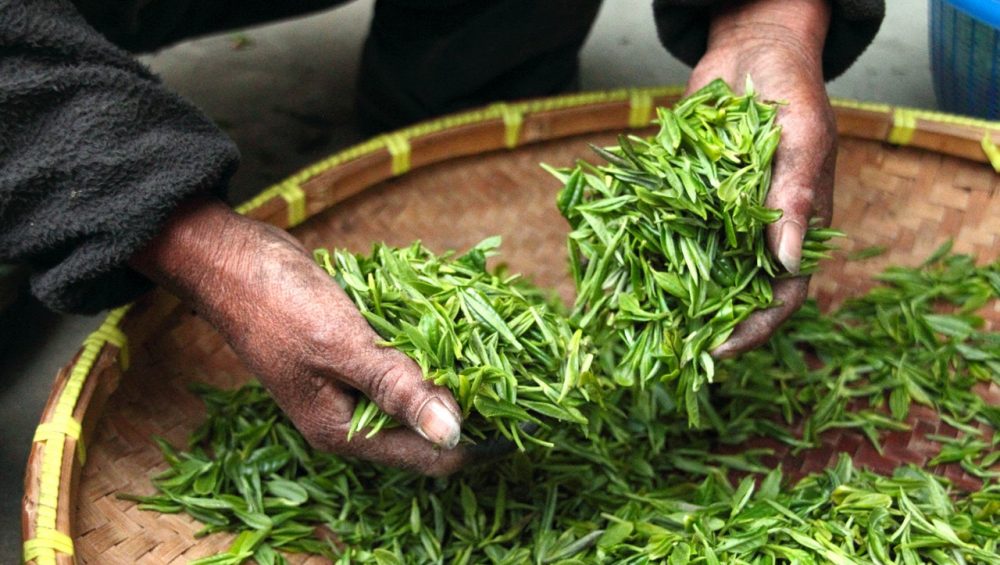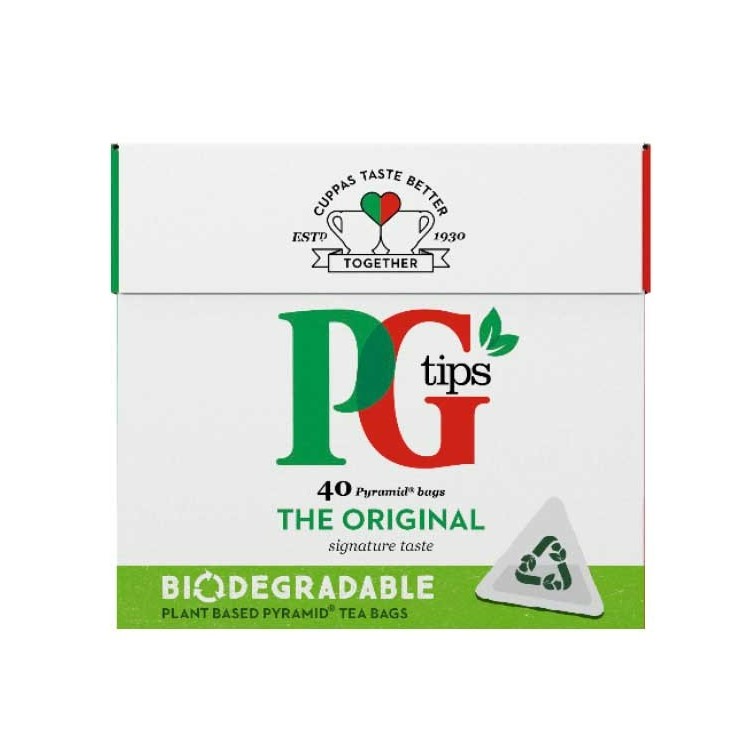As the weather gets colder, there’s nothing quite as comforting as a warm cuppa. But have you ever given a thought to the journey your tea takes from leaf to mug?
Tea drinking originated in southwest China and dates back to the 3rd century C.E. Since then it has spread around the world, becoming the second most popular drink after water, with many around the world enjoying it daily.
PG Tips entered the scene in 1869, when Arthur Brooke opened his first shop in Manchester.
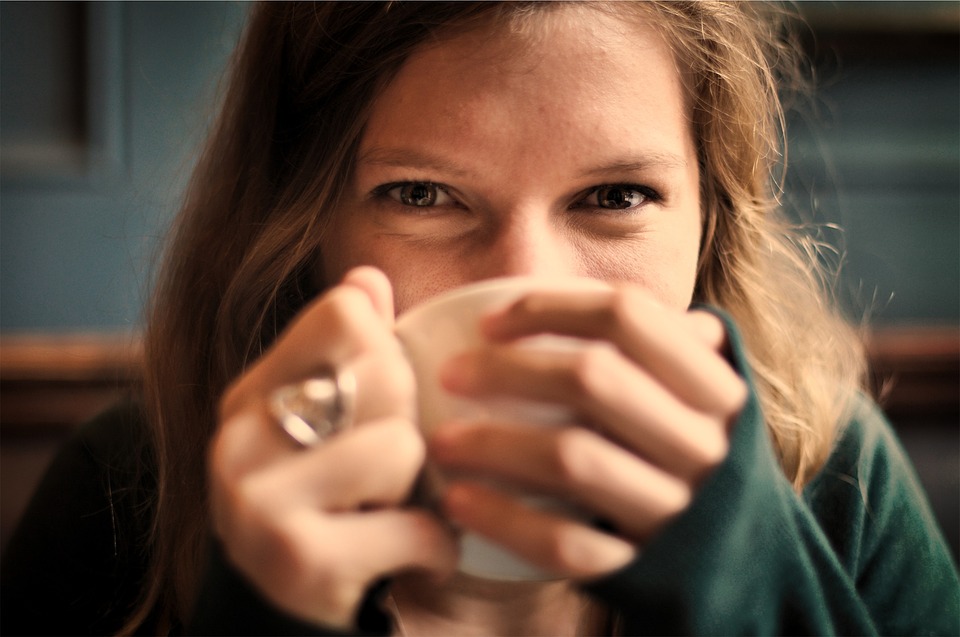
PG Tips: Making Tea More Sustainable
With 70,000 cups of tea drunk every second, a more ethical and sustainable daily brew can go a long way towards helping communities and the planet.
Plant Based Packaging:
It’s no secret that the waste we produce as a species has become a burden on the planet and with every cup of tea enjoyed comes a discarded tea bag. This is why PG tips have switched to biodegradable tea bags and have removed the plastic film from their boxes.
Biodegradable items can be broken down naturally by microorganisms such as fungi and bacteria and reabsorbed into the environment.
What does this mean in practice? The switch to biodegradable tea bags alone saves 330 tonnes of plastic annually. PG Tips have swapped out the small amount of polypropylene used in the seal of their signature pyramid tea bags with a plant based solution derived from corn. This means that you can discard used tea bags in the food waste basket and turn them into compost.
Sustainable Sourcing:
A more earth-friendly cuppa doesn’t stop at the packaging, it includes the tea itself as well.
PG Tips are a member of the Ethical Tea Partnership, a non-profit that aims to improve the conditions of tea workers and farmers. PG Tips has also become the first UK tea brand to become 100% Rainforest Alliance certified. Products that carry this certification are produced with methods that are socially, economically and environmentally sustainable.
The boxes used by PG Tips are PEFC certified meaning that the material comes from forests which are managed with strict environmental, social and economic requirements.
Several water-saving innovations have also been introduced at their tea estates. These include:
- Drip irrigation which delivers water directly to the plant’s root, reducing waste
- The use of high-quality crop varieties
- Better soil and nutrient management resulting in soil that can hold more water
Furthermore, PG Tips blends and packages their tea in a carbon neutral factory.
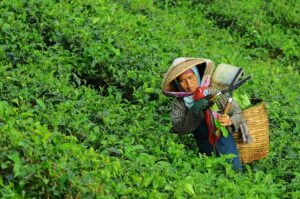
Supporting Communities:
Ethically made tea means more than just helping the environment. It also keeps in mind the people who grow and harvest it.
PG Tips has over 5,500 workers’ families on their estate in Kenya. Here they are provided with education from nursery to secondary school. The company has also helped to create over 1,000 jobs in one of the poorest districts of Rwanda. They also work with the Ethical Tea Partnership to help revive Malawi’s tea sector, helping workers and small-scale farmers make a living.
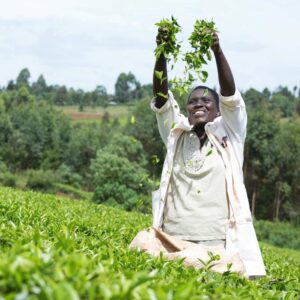
Get the Tea Locally:
Feeling inspired to do your bit for the environment? Choosing the right tea can be a great place to start.
PG Tips tea is available locally in two varities:
- The Original Blend, which has a signature smooth taste
- The Tasty Decaf, a rich, fresh and rounded tea, just without the caffeine
Get your fix from our online shop.

